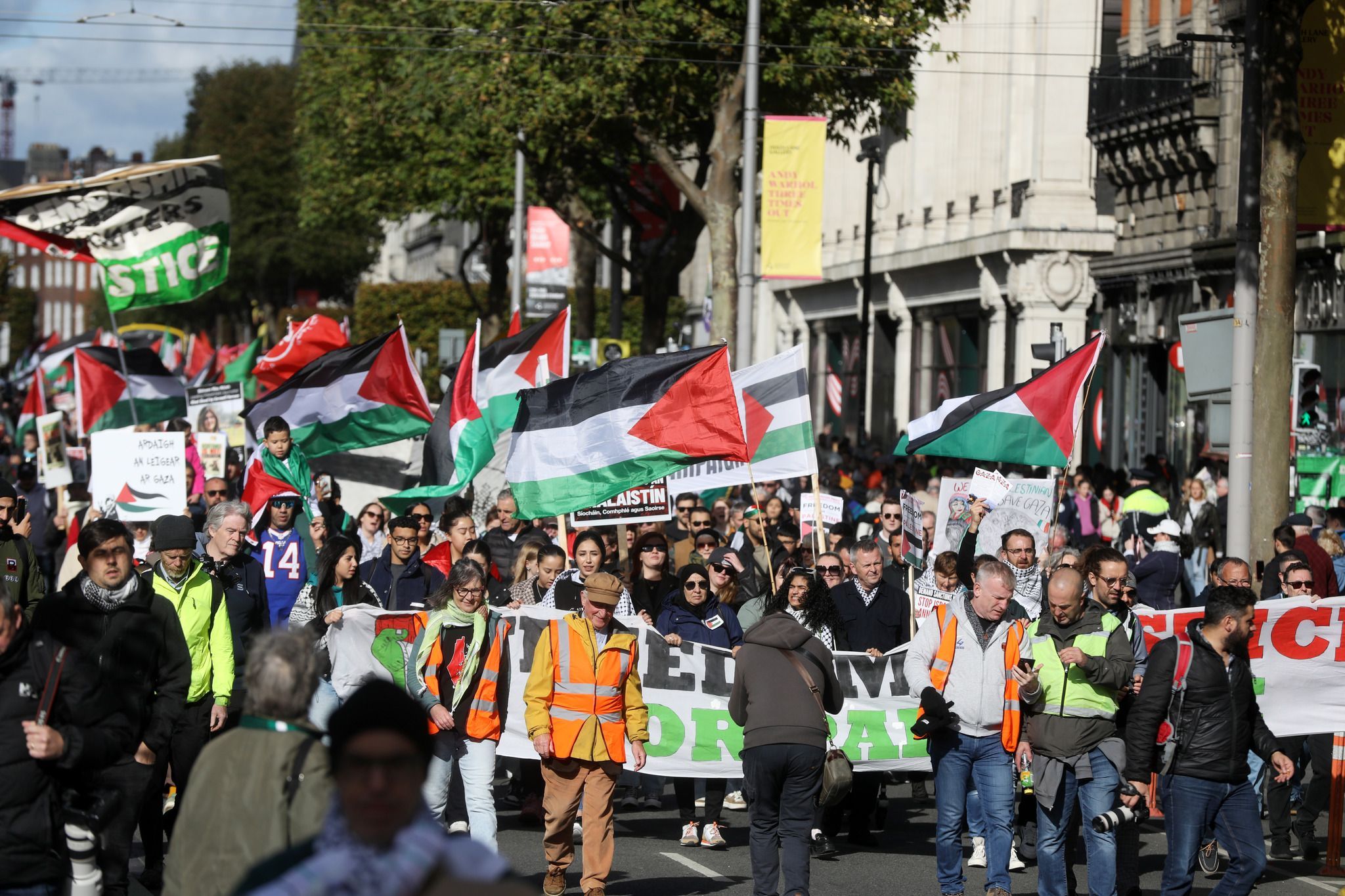James Baldwin, the great writer and civil rights leader, reflecting on the origin of most wars wrote, "People are trapped in history and history is trapped in them.”
His words certainly resonate throughout the Middle East when we think of the unending conflicts between Shia and Sunni or Jews and Arabs.
I read recently about an event that happened back in 1956 at a kibbutz located near a border fence where Palestinian fighters attacked the Jewish settlement. A security officer named Roi Rotberg confronted the attackers but lost his life in the ensuing fracas.
Moshe Dayan, then Israel’s chief of the general staff, happened to be in that neighborhood attending a wedding and was asked to give an oration at Rotberg’s funeral.
Speaking of the Palestinian killers he asked: “Why should we complain of their hatred of us? Eight years they sat in the refugee camps of Gaza and saw in front of their eyes how we turned their lands and the villages where they and their forefathers once dwelled into our homeland.”
Israeli leaders no longer articulate this magnanimous perspective. Dayan was not advocating a right of return for the displaced community; in fact, he ended his speech by arguing that Israelis had to prepare themselves for what he dubbed a permanent and bitter war.
These words are particularly prescient because that area, Nahal Oz, where Rotberg was killed in 1956, now consists of a 300-meter buffer zone with several layers of razor-wire fences. Over 200 Palestinian fighters were shot dead in a battle there during the outbreak in 2018-2019, and hundreds more were injured.
In 2006, Hamas won around 40% of the vote in Gaza. It took political control under the watchful eye of the Israeli army which controlled provisions of food, medicine, electricity and petrol. Almost half of Gaza’s population is unemployed and close to 80% depend on aid to meet daily needs.
On October 7th hundreds of Hamas fighters breached the boundary between Israel and Gaza. The scenes of devastation are spoken about as being beyond description. Children were killed in their homes, babies taken from their mothers’ arms, and old people slaughtered in their living rooms.
Three nearby kibbutzim were ravaged with scenes of death and desolation all around. The streets of the nearby city of Sderot were littered with corpses. The vast majority of the 1200 or so who were killed were civilians with no ties to the Israeli Defense Forces (IDF). In addition, around 240 Israelis - young and old - were taken as hostages by the Palestinian Islamic Jihad militants.
We read too of women being raped as part of the devastation. Later, the IDF admitted that they had no evidence of that horrible crime happening during the raids or afterward. Similarly, the IDF couldn’t confirm rumors that 40 babies were beheaded during an attack on one of the kibbutzim. Exaggerating the tale of the human wreckage only heightens the anger and hatred.

Why did nobody see the attack coming? Israelis told themselves that they needn’t worry about a surprise attack because their system of surveillance, including an extensive network of informers in Gaza, was the envy of every other country in the Middle East.
According to the Associated Press, Hamas carried out trial runs of their plans in plain sight and even posted videos of these practice attacks online for weeks before the massacre. In addition, the Egyptian secret service passed along an alert to their Israeli counterparts days before the attack but this important information was not taken seriously.
Iran was seen in the top power echelons in Tel Aviv and Jerusalem as their greatest threat, not the beleaguered and impoverished Palestinians who were viewed disdainfully as incapable of mounting any kind of meaningful attack against the most heavily fortified country in the region. It was this arrogance, bred over years of occupation and apartheid rule, that led to the intelligence failure of October 7th.
In a revealing interview on Sky News, the former Israeli prime minister, Naftali Bennett, remonstrated with the reporter interviewing him “What is wrong with you? We are fighting Nazis.”
This hateful rhetoric is part of the language of the right in Israel. A few years ago, the prime minister, Mr. Netanyahu, made the amazing suggestion that the Nazis might have deported rather than exterminated the Jews in Europe until the mufti of Jerusalem intervened and put the Final Solution into Hitler’s head.
Each side, Palestinians and Israelis, demonizes and dehumanizes the other, which, unfortunately, is part of the verbiage associated with every war. Hamas despises Jews to the extent that they want to obliterate them all, this based on their ethnic and religious identity, while Israeli leaders frequently resort to comparing their Arab enemies to various brute animals who should not be treated as human beings.
Netanyahu’s days as prime minister are numbered. According to a poll conducted by the Israeli newspaper Maariv, 84% of the people blame him for making Hamas’ atrocities possible, and more than half say he should resign after the war. The highly rated investigative journalist Raviv Drucker predicts he will be swept out of power at the next opportunity.
The impact of the war on American politics is less sure. For some, President Biden’s vigorous support for Israel is resented, this including his quick October visit to embrace President Netanyahu who is not popular with Biden’s liberal base. The president is viewed as giving a benediction to the aerial strafing of Gaza which has resulted in over 11,000 deaths, including close to 4500 children.
The foreign policies pursued by any government in Washington usually have only a minimal impact on voting preferences in presidential elections. However, with emotions running high about the carnage that began in October, this situation may well have a major impact on the 2024 voters in swing states, especially Michigan.
The Israelis will, of course, assert their military superiority in Gaza. But what do they do then? The core problem there is political and not amenable to a military solution. Israelis will never know security as long as Palestinians remain under their boot. Hamas, likewise, should release all the hostages immediately.
Only America can end the continuation of Gaza as a tinderbox. Only Biden can call the parties together and insist on working out details of a two-state solution that honors the legitimate priorities of both sides, negotiating as equals.
A tall order for sure, but the alternative is unthinkable. This uphill drive for peace could become President Biden’s greatest leadership achievement.
Gerry O'Shea blogs at weustbetalking.com










